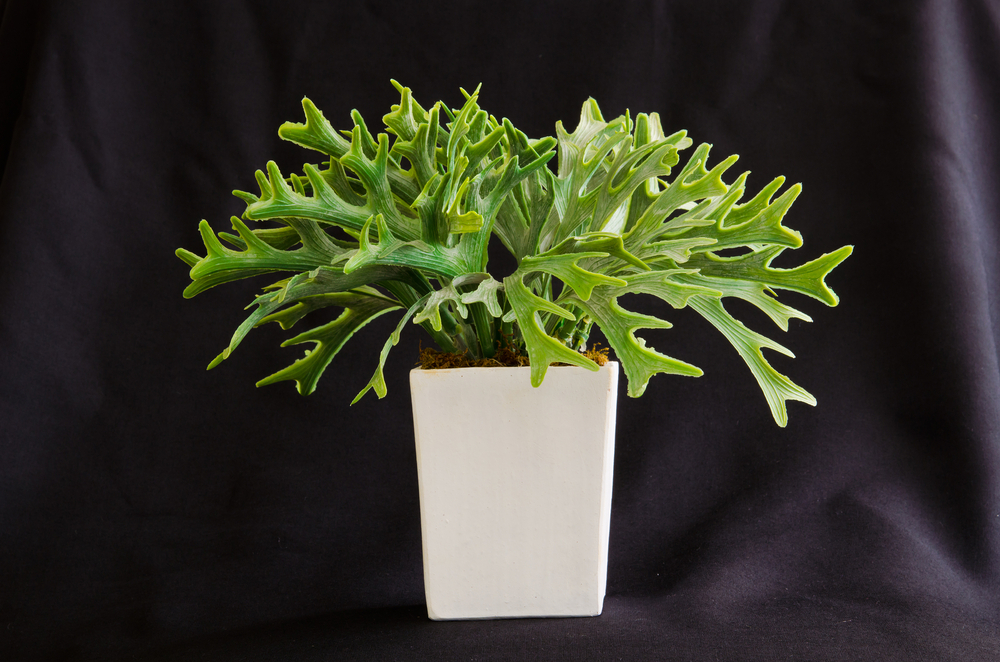11 Surprising Facts About the Endocrine System
Plants produce hormones without an endocrine system.

Unlike humans and other animals, plants do not have an endocrine system or endocrine glands. But they do have hormones, which affect various processes related to plant growth, including gene expression, metabolism and cell division.
Plant cells sometimes produce hormones to use locally, but they may also transport the chemicals to other areas using specialized elongated cells or other means.
Knowing that plants use hormones to guide their growth, agriculturalists have been using hormonelike chemicals called "plant growth regulators" since the 1930s to improve or otherwise modify the growth of their crops, according to University of Florida agronomist Frederick Fishel.
Follow Joseph Castro on Twitter. Follow us @livescience, Facebook & Google+.
Get the world’s most fascinating discoveries delivered straight to your inbox.



